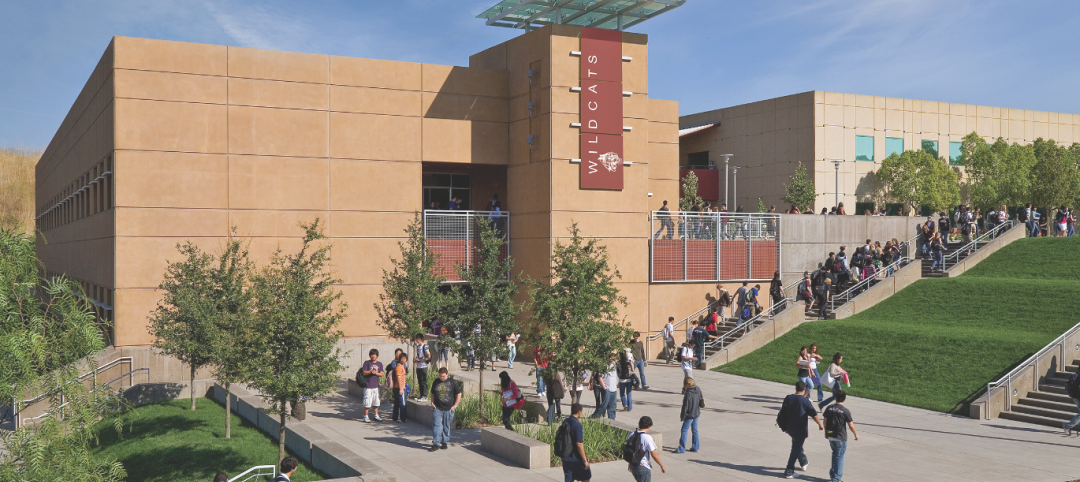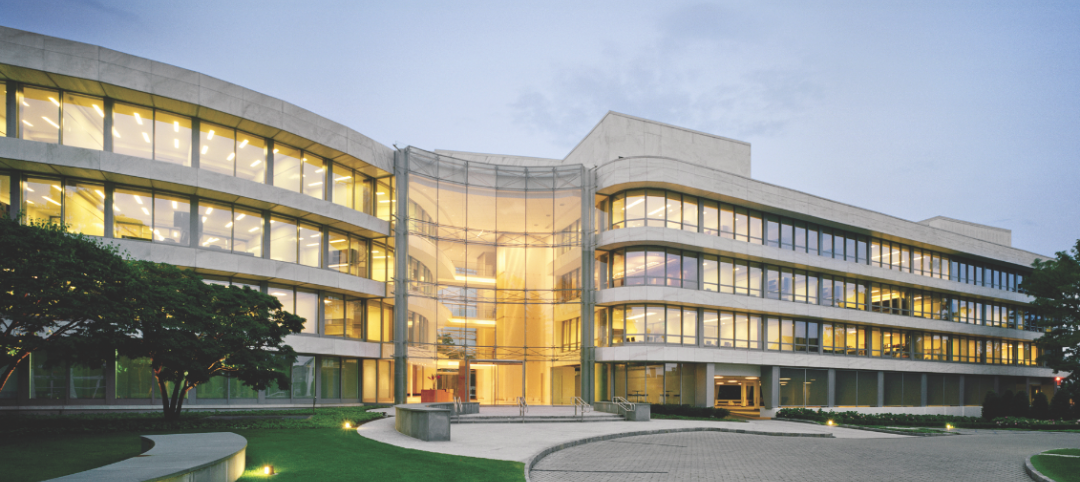The Board of Directors and the Strategic Council of the American Institute of Architects (AIA) voted today to award the 2018 AIA Gold Medal to James Stewart Polshek, FAIA. The Gold Medal honors an individual or pair of architects whose significant body of work has had a lasting influence on the theory and practice of architecture. Polshek will be honored at the AIA Conference on Architecture 2018 in New York City.
Born in Akron, Ohio, Polshek earned a Master of Architecture degree from Yale in 1955. In 1963 Polshek started his first architecture firm, James Stewart Polshek Architect. His firm evolved through multiple iterations — settling in 2010 on Ennead Architects. Polshek has fostered an environment wherein design excellence, effective collaboration and rigorous research work in concert to create enduring architecture. His unparalleled vision and leadership has earned the firm countless accolades, including more than 200 design awards, the 1992 AIA Architecture Firm Award, and 15 National Honor Awards for Architecture.
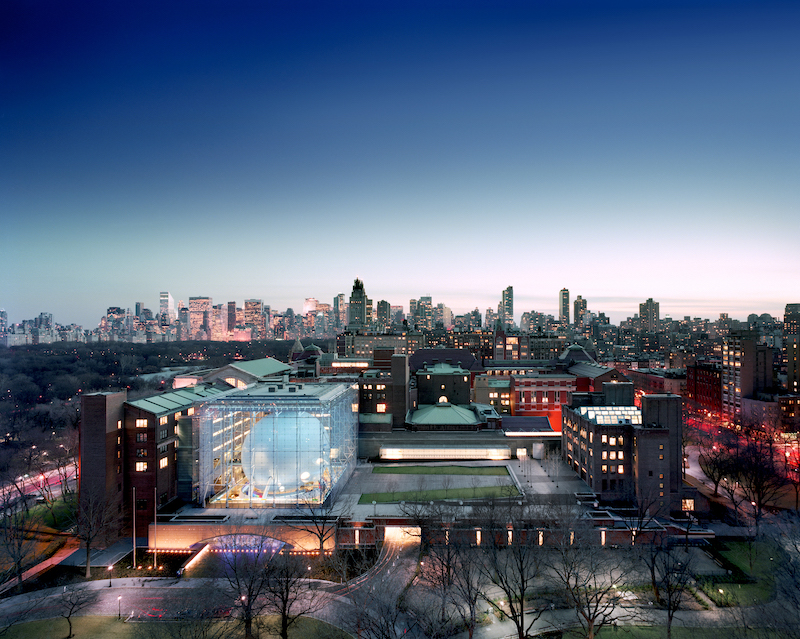
Concurrent to leading one of the nation's most recognized firms, Polshek served as dean of Columbia University’s Graduate School of Architecture, Planning and Preservation from 1972 to 1987. At the time, Columbia played a central role in the debate over style and meaning during a period in which architecture was being fundamentally questioned. His collaborative spirit led to a complete revision of the school’s curriculum and direction that, in turn, reversed its decline and attracted world-class faculty. Polshek’s 1987 restoration and renovation of New York’s Carnegie Hall began with a master plan that helped establish his enduring approach to revitalization. A complete restoration of the hall’s original details as well as the implementation of new ones —lighting, graphics, and a new marquee — were coupled with a heavy dose of advocacy for landmark buildings threatened by market forces.
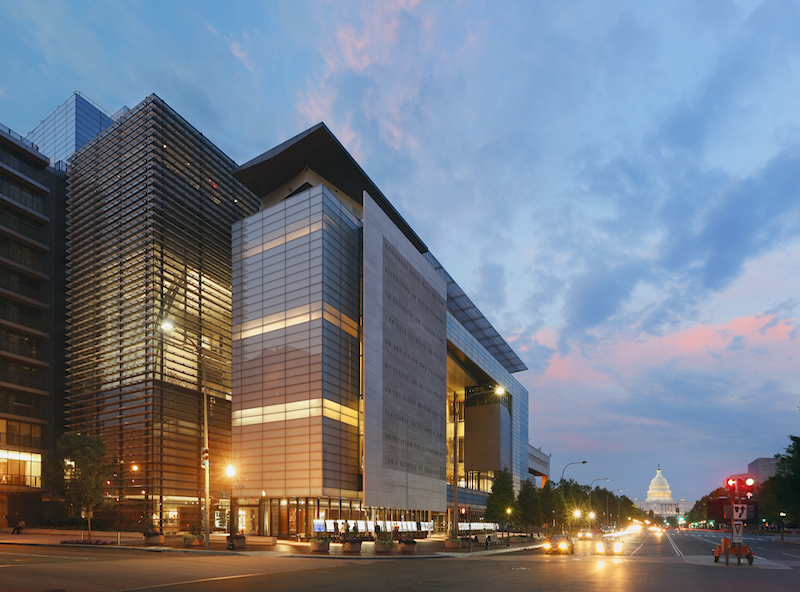
In Washington, D.C., the 645,000-square-foot Newseum/Freedom Forum Headquarters, completed in 2008, is a monument to journalism and free speech. The architectural expression of the institution’s mission manifests in a symbol of openness: a 4,500-square-foot clear glass “window” woven into the fabric of the city’s Penn Quarter. Polshek’s National Museum of American Jewish History in Philadelphia, just a block from Independence Hall, references the immigrant experience in America through two interlocking volumes of opaqueness and transparency. The museum’s high-profile historical context bolsters its efforts to inspire people of all backgrounds.
Polshek’s sensitivity as an architect and his willingness to give credit to others — whether they be his clients, staff or collaborators — have helped restore the promise that architecture can be an uplifting force in the world. Everywhere that he has worked, and throughout his eloquent writings, he has raised the level of discussion while pursuing an unambiguous goal of architecture as a healing art.
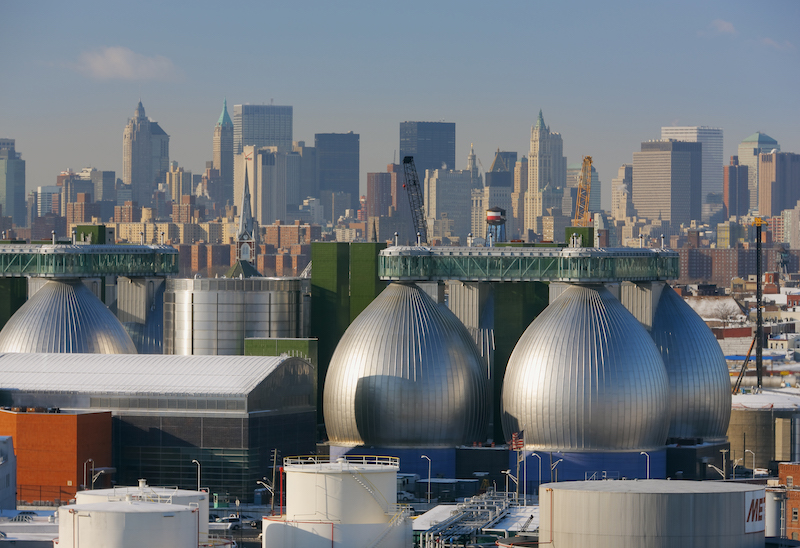
Polshek is the 74th recipient of the Gold Medal. He joins the ranks of such visionaries as Frank Lloyd Wright (1949), Louis Sullivan (1944), Le Corbusier (1961), Louis I. Kahn (1971), I.M. Pei (1979), Thom Mayne (2013), Julia Morgan (2014), Moshe Safdie (2015), Denise Scott Brown & Robert Venturi (2016), and Paul Revere Williams (2017). In recognition of his legacy to architecture, Polshek’s name will be chiseled into the granite Wall of Honor in the lobby of the AIA headquarters in Washington, D.C.
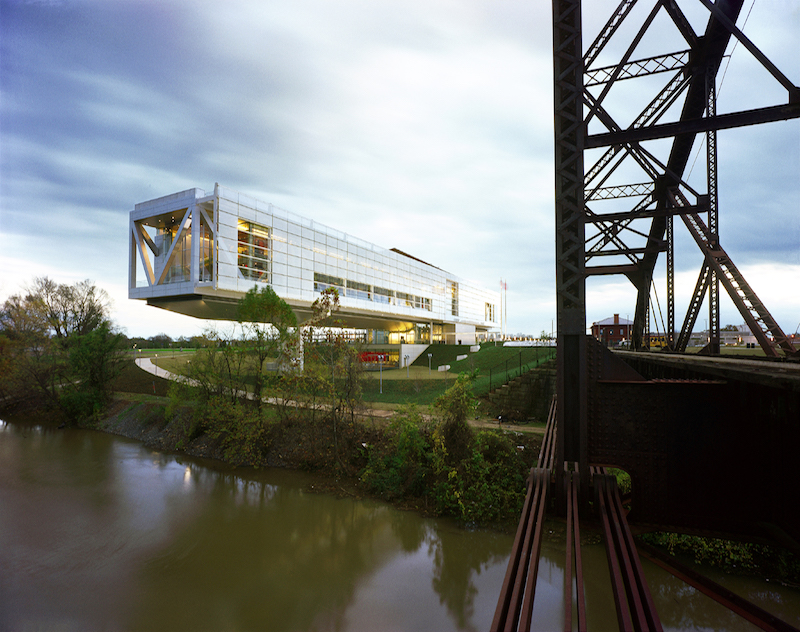
Related Stories
| Dec 7, 2010
Product of the Week: Petersen Aluminum’s column covers used in IBM’S new offices
IBM’s new offices at Dulles Station West in Herndon, Va., utilized Petersen’s PAC-1000 F Flush Series column covers. The columns are within the office’s Mobility Area, which is designed for a mobile workforce looking for quick in-and-out work space. The majority of workspaces in the office are unassigned and intended to be used on a temporary basis.
| Dec 6, 2010
Honeywell survey
Rising energy costs and a tough economic climate have forced the nation’s school districts to defer facility maintenance and delay construction projects, but they have also encouraged districts to pursue green initiatives, according to Honeywell’s second annual “School Energy and Environment Survey.”
| Dec 2, 2010
GKV Architects wins best guest room design award for Park Hyatt Istanbul
Gerner Kronick + Valcarcel, Architects, PC won the prestigious Gold Key Award for Excellence in Hospitality Design for best guest room, Park Hyatt Macka Palas, Istanbul, Turkey. Park Hyatt Maçka Palace marries historic and exotic elements with modern and luxurious, creating a unique space perpetuating Istanbul’s current culture. In addition to the façade restoration, GKV Architects designed 85 guestrooms, five penthouse suites, an ultra-hip rooftop bar, and a first-of-its-kind for Istanbul – a steakhouse, for the luxury hotel.
| Dec 2, 2010
U.S Energy Secretary Chu announces $21 Million to improve energy use in commercial buildings
U.S. Energy Secretary Steven Chu announced that 24 projects are receiving a total of $21 million in technical assistance to dramatically reduce the energy used in their commercial buildings. This initiative will connect commercial building owners and operators with multidisciplinary teams including researchers at DOE's National Laboratories and private sector building experts. The teams will design, construct, measure, and test low-energy building plans, and will help accelerate the deployment of cost-effective energy-saving measures in commercial buildings across the United States.
| Nov 29, 2010
Data Centers: Keeping Energy, Security in Check
Power consumption for data centers doubled from 2000 and 2006, and it is anticipated to double again by 2011, making these mission-critical facilities the nation’s largest commercial user of electric power. Major technology companies, notably Hewlett-Packard, Cisco Systems, and International Business Machines, are investing heavily in new data centers. HP, which acquired technology services provider EDS in 2008, announced in June that it would be closing many of its older data centers and would be building new, more highly optimized centers around the world.
| Nov 29, 2010
New Design Concepts for Elementary and Secondary Schools
Hard hit by the economy, new construction in the K-12 sector has slowed considerably over the past year. Yet innovation has continued, along with renovations and expansions. Today, Building Teams are showing a keener focus on sustainable design, as well as ways to improve indoor environmental quality (IEQ), daylighting, and low-maintenance finishes such as flooring.
| Nov 29, 2010
Renovating for Sustainability
Motivated by the prospect of increased property values, reduced utility bills, and an interest in jumping on the sustainability bandwagon, a noted upturn in green building upgrades is helping designers and real estate developers stay busy while waiting for the economy to recover. In fact, many of the larger property management outfits have set up teams to undertake projects seeking LEED for Existing Buildings: Operations & Maintenance (LEED-EBOM, also referred to as LEED-EB), a certification by the U.S. Green Building Council.
| Nov 23, 2010
The George W. Bush Presidential Center, which will house the former president’s library
The George W. Bush Presidential Center, which will house the former president’s library and museum, plus the Bush Institute, is aiming for LEED Platinum. The 226,565-sf center, located at Southern Methodist University, in Dallas, was designed by architect Robert A.M. Stern and landscape architect Michael Van Valkenburgh.
| Nov 23, 2010
Honeywell's School Energy and Environment Survey: 68% of districts delayed or eliminated improvements because of economy
Results of Honeywell's second annual “School Energy and Environment Survey” reveal that almost 90% of school leaders see a direct link between the quality and performance of school facilities, and student achievement. However, districts face several obstacles when it comes to keeping their buildings up to date and well maintained. For example, 68% of school districts have either delayed or eliminated building improvements in response to the economic downturn.






